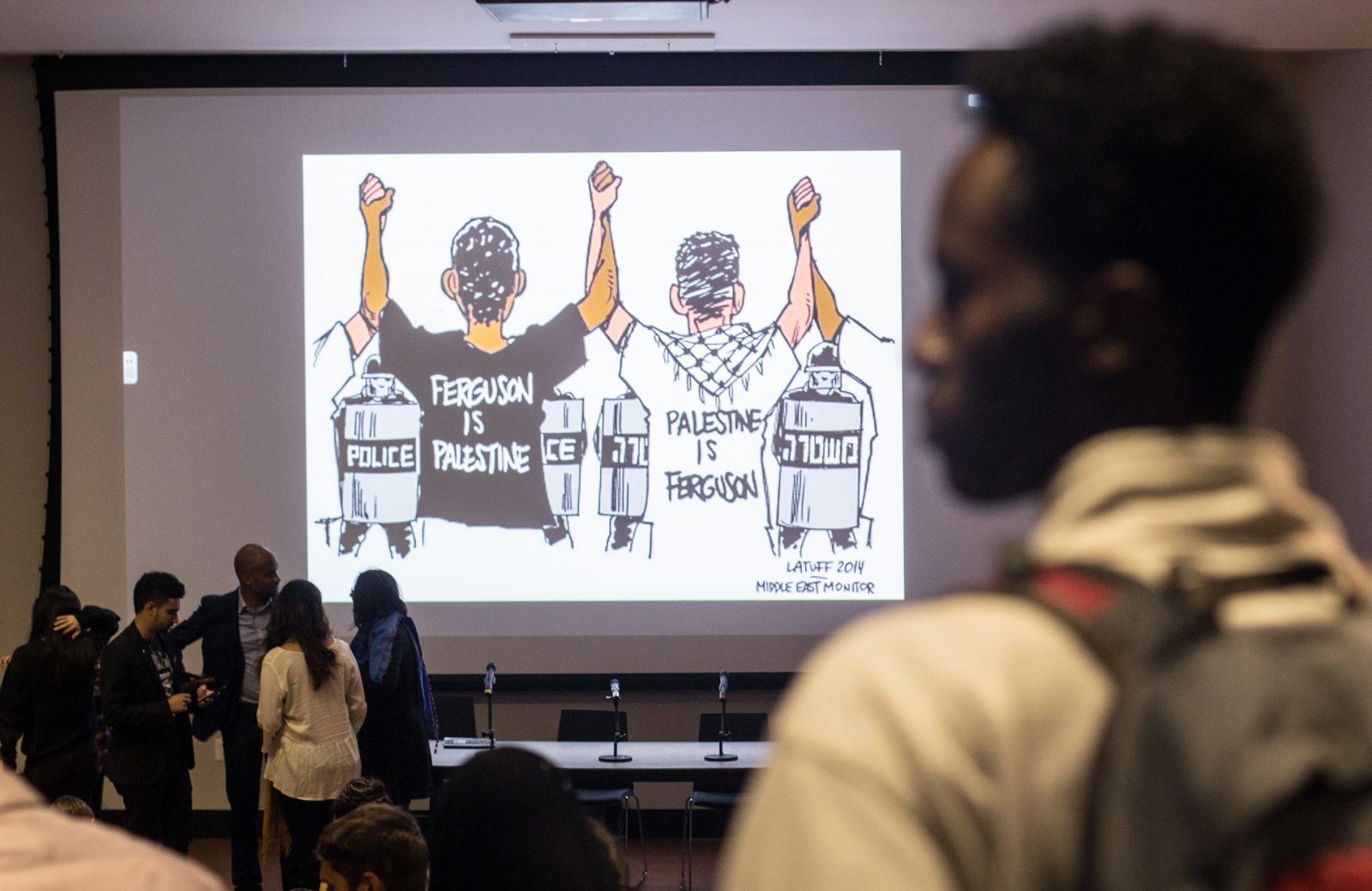
More than 500 students and residents from the Boston area filled the Boston University Law Auditorium Wednesday night with the same question for the panelists at Imprisonment of a People: From the U.S. to Palestine:
“Why are policemen killing people?” a young girl asked the panel, hosted by BU Students for Justice in Palestine and UMOJA: BU’s Black Student Union.
“Police use the excuses of there being so many guns, they use it as an excuse for why they always kill people,” panelist Shaun King, a New York Daily News writer and Black Lives Matter activist, responded.
To further answer this question, King said that mass incarceration in the United States and Palestine stems from a lack of compassion because “some people want to make pain politically incorrect.”
“The criminalization of a race of people has been used as a really acceptable form of oppression,” King said.
Moderated by two BU students, the four panelists discussed the connection between the Black Lives Matter movement and the Palestinian liberation movement.
As the audience exceeded the auditorium’s capacity, many attendees sat in an overflow room where they watched a livestream of the talk.
“The main goal of this panel is to educate the BU student body and the Greater Boston area community about the growing Black-Palestinian solidarity movement,” Negin Taleb, a co-moderator of the panel and member of BUSJP, told The Daily Free Press prior to the panel.
Recently, The Movement for Black Lives officially stated its support for Palestinian human rights and self-determination, the College of Communication senior said.
“The U.S. and Israel benefit from the oppression of black and Palestinian bodies, and they need each other’s support in order to sustain this oppression,” Negin said. “Educating people about these connections and galvanizing them to take action is an important aspect of our organization and the overall success of these movements.”
During the panel discussion, panelist Oren Nimni, a criminal defense and employment attorney in Boston, talked about how the 13th Amendment affects the modern world.
“The 13th Amendment was supposed to abolish slavery,” Nimni said. “[But it] didn’t, and [it] has huge exceptions for those who are incarcerated today. Because of increased incarceration, [today’s America] looks pretty similar to the slavery [before] the Civil War.”
Another panelist, Carl Williams, a staff attorney at the American Civil Liberties Union, said a world of white supremacy can be dangerous and problematic.
“The idea of whiteness is the most deadly thing that has ever been created in the United States,” Williams said.
The fourth panelist, Yamila Hussein, said she grew up in Palestine and now teaches about the role that education can play to challenge systematic oppression.
Members of the Palestinian liberation movement were inspired by the civil rights movements in America long before Black Lives Matter started, Hussein said.
“Part of our political education [in Palestinian] was learning about revolution movements all over the world, and we learned about the black panthers,” Hussein said. “We tried out some of the programs they started in the U.S. We always knew that our black brothers and sisters had our back.”
And when it comes to the relationship between media and activism, Hussein that said mainstream media “distracts, distorts, dictates, directs” protesters and those who resist oppression.
After the panel discussion, several attendees said they gained a better understanding of oppression throughout the world.
Emma Jane Conlon, a 2016 College of Arts and Sciences graduate, said she learned about the interconnectedness of hardship, which the African American and Palestinian communities both face.
“The struggles of Palestinians and Black Americans are inextricably linked, and the struggle is based in the same system of oppression,” Conlon said.
Peter Bacon, 26, of Dorchester, said he appreciated that the panel provided a much-needed context surrounding oppression that people around the world face.
“I’ve never been to a Black Lives Matter event,” Bacon said. “[This panel] is not just about Black Lives Matter, it’s about the Palestinian presence, too. It was good to gain a little bit of a different perspective.”
Diana Abbas, a junior in CAS and a member of SJP, said the event was a success, and she is impressed by how many people showed their interest in the cause.
“We got a big turnout, and we had some really great speakers,” Abbas said. “It was a great night for understanding the solidarity between the two movements.”

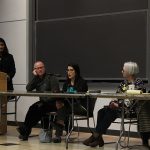
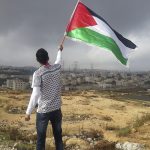
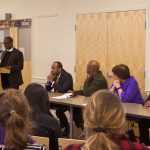
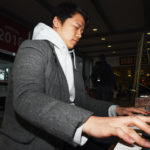
Honest question. Did anyone there have an understanding of statistics for African American shootings and crime that exceeds the middle school level?